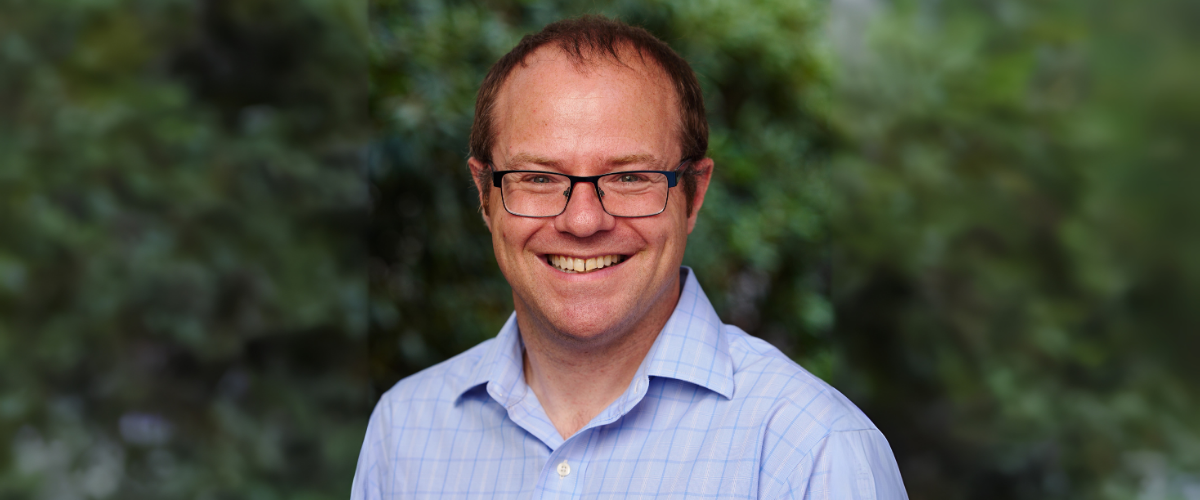Benjamin Sovacool
Director, Institute for Global Sustainability | Professor, Earth & Environment, College of Arts & Sciences

Researcher and consultant on global energy policy, energy justice, and climate change
About
I'm a farm boy from Ohio, and it wasn’t until college that I was introduced to sustainability and how poverty, colonialism, and racism intersect with societal problems. This got me thinking more critically, and I pursued a master's in science policy.
During my PhD, I was focused on military technology. When my supervisor offered me a project on decentralized energy supply, I initially declined, but he kept pushing and told me that it was an intergenerational challenge. After diving into readings on energy policy and security, I was hooked. I switched my dissertation to renewable energy and never looked back.
My first postdoc in Singapore focused on biogas, small-scale wind, and climate resilience. That, along with my work in India, China, and island nations like Papua New Guinea and East Timor, shaped my current focus on energy and climate justice.
BU Highlights
My journey at BU has been interdisciplinary. I’m the Director of the Institute for Global Sustainability (IGS), a university-wide research institute focused on advancing a more resilient future. Our work spans equity, justice, poverty reduction, and growth, all while protecting future people, species, and ecosystems.
We are working with the Commonwealth of Massachusetts and UMass Lowell on the Clean Energy and Environment Legacy Transition (CELT) Initiative. We’re helping state agencies and local municipalities with data analysis tools and assistance, including support from BU student fellows, to plan more equitable energy transitions.
At the Campus Climate Lab, we have a project that is democratizing pollution data by mounting mobile pollution monitors on Bluebikes to collect street-level air quality information. Boston has only a handful of stationary monitors, on rooftops, that don’t capture real-time street-level data. Our mobile monitors cost under $100 but are almost as reliable as $3M systems.
We’re also exploring how to decarbonize data centers, which are rapidly expanding due to AI and GPT technologies. Many could be far more efficient, but energy use is often overlooked since costs are passed to consumers. We’re rethinking what a truly sustainable data center looks like, from design to waste flows.
Additionally, I’m part of BU’s Task Force on Convergent Research and Education and I’m involved in a number of research projects, including a collaboration with the engineering faculty on data center sustainability, a study on justice in renewable energy supply chains, and a project on offshore wind development in the U.S.
Beyond BU
My research focuses on energy transitions and energy justice, and in 2024, I was included on the Web of Science Highly Cited Researchers list.
I also work with the National Renewable Energy Laboratory (NREL) through a joint appointment on issues related to the clean energy transition.
Additionally, I serve on the National Academies’ Board on Environmental Change and Society, and I’m the founding editor-in-chief of Energy Research & Social Science.
Advice for BU students
If you're looking to get involved in sustainability, combine these three approaches:
- Bottom-up: Start with yourself. Reduce food waste, use reusables, and walk more.
- Top-down: Vote, advocate, and lobby your local, state, and federal governments.
- Middle-out: Your career choices matter.You could be an architect designing sustainable buildings, a real estate agent helping buyers choose energy-efficient homes, or a salesperson promoting sustainable brands.